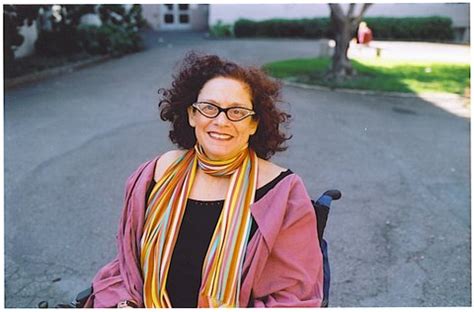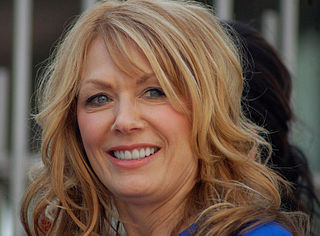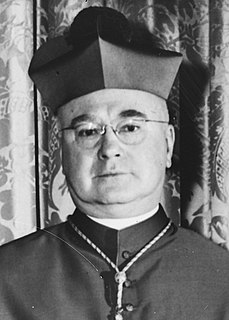A Quote by Neil Young
We had the Vietnam War in the '60s, and there was a draft. The students didn't believe in it, and it unified them.
Related Quotes
Most of us who were opposed to the war, especially in the early '60's - the war we were opposed to was the war on South Vietnam which destroyed South Vietnam's rural society. The South was devastated. But now anyone who opposed this atrocity is regarded as having defended North Vietnam. And that's part of the effort to present the war as if it were a war between South Vietnam and North Vietnam with the United States helping the South. Of course it's fabrication. But it's "official truth" now.
We talk about how hard it is now. But if we look back at the '60s, we actually had a president that was assassinated. We had riots, we had Vietnam, Martin Luther King, Malcolm X, the FBI, and the Black Panther war. There was so much happening at the time where it felt like America was coming apart at the seams.
The New York Times is reporting that back in the '60s, presidential candidate Howard Dean used a letter from a doctor about a back condition to keep himself out of the draft in Vietnam and then spent 10 months skiing. Well it sounds like he's done the impossible. He actually made Bill Clinton and George Bush look like war heroes.
I think that the war on drugs is domestic Vietnam. And didn't we learn from Vietnam that, at a certain point in the war, we should stop and rethink our strategy, ask ``Why are we here, what are we doing, what's succeeded, what's failed?'' And we ought to do that with the domestic Vietnam, which is the war on drugs.
I would think we have a trajectory of failure on the Republicans' part. When you think about how they managed to make John Kerry look bad during the last election for actually serving in Vietnam, and testifying in Congress after he'd gotten medals, and said that he didn't believe in them or that he didn't believe in the war and that it should stop . . . That they could turn that in negative when their guy, George W. Bush, never even went to Vietnam.


































